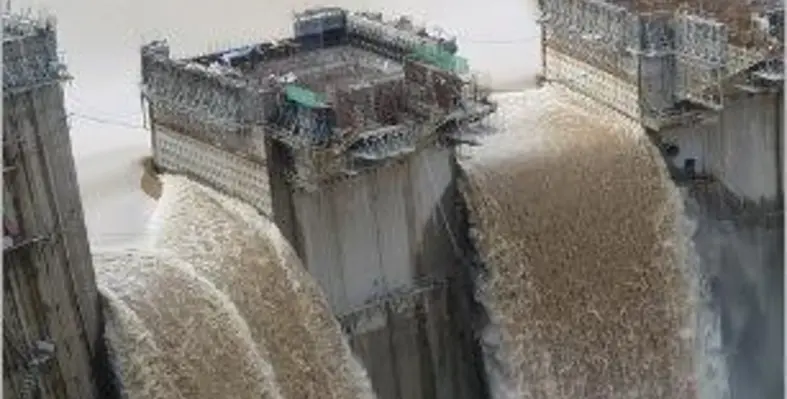Senior ministers at Ethiopia’s Ministry of Water & Energy are planning to carry out feasibility studies on three additional hydropower plants
The plants are to be built in the basin of the Abay (Blue Nile) River, with a combined power generation capacity is projected to be larger than the Grand Renaissance Dam, according to the Addis Fortune. The cost of the feasibility studies on the technical, environmental, and social impacts of the dams will be covered with a US$20.1mn grant secured from the government of Norway.
Asfaw Dingamo, former minister of Water Resources, had signed the grant agreement with Tom Odegaard, in November 2009. Hydroelectric power plants planned in Mendaia, Beko Abo, and Kara Dodi, will collectively have 300MW more power than the Grand Renaissance Dam's 5,200MW, the capacity it is believed the dam will have when the Italian Salini Construttori completes construction in the second quarter of 2017.
It will be the largest hydropower plant on the continent, with 15 generating units, each producing 350MW of electric power, a capacity currently generated by Koka and Tekeze dams combined. The Grand Renaissance Dam also symbolises the nation's determination to build the largest dam ever with its own resources, according to Prime Minister Meles Zenawi.
"The other dams we plan to build are less challenging than this," Zenawi said during his address at the launching of the project in Guba in April 2011.
The actual generation capacity of each dam will have to be determined after the feasibility studies are complete. Mendaia and Beko Abo projects are expected to be roller compacted concrete (RCC) dams, with 200 metre and 285 metre heights, making the latter the highest of its type in the world, each having an annual energy output of over 12,000 GWh a year.
The prefeasibility studies on Mendaia and Bako Abo projects were conducted by a consortium of consultants from Norway (Norplan and Norconsult), France (Electricite de France), and England (Scott Wilson), as well as Shebelle Consult Plc and Tropics Consulting Engineers, both domestic firms. The prefeasibility study includes hydrology studies, topography surveys, and geotechnical foundation and environmental studies. Aside from hydropower generation, the projects also aim to be multipurpose, providing improvements in flood control and conservation.
The consortium has also been given the job of conducting the feasibility studies. Studies on economic and social viability were carried out by foreign consultant: Halcrow and Generation Integrated Rural Development (GIRD).
The Ministry is also commissioning economic feasibility studies on the Tekeze River, for its second dam, 903km north of Addis Abeba, and on the Dedessa River, in Benishangul Gumuz, 386km from the capital. The two projects will have an estimated capacity of producing 450MW and 301MW, respectively. The successful construction of these dams will increase the nation's hydroelectric power plants to 17.












